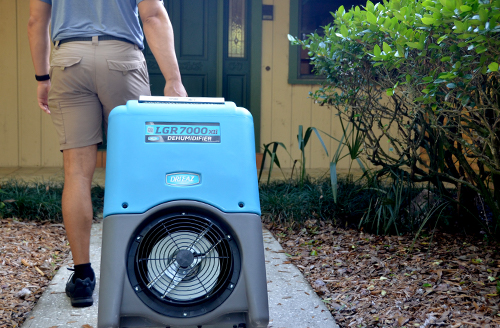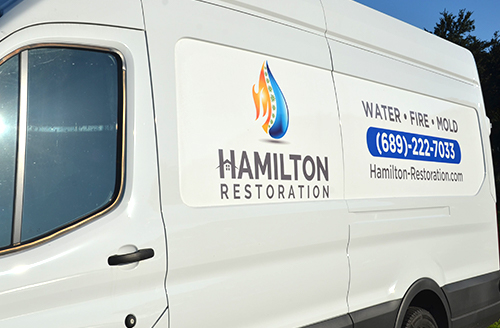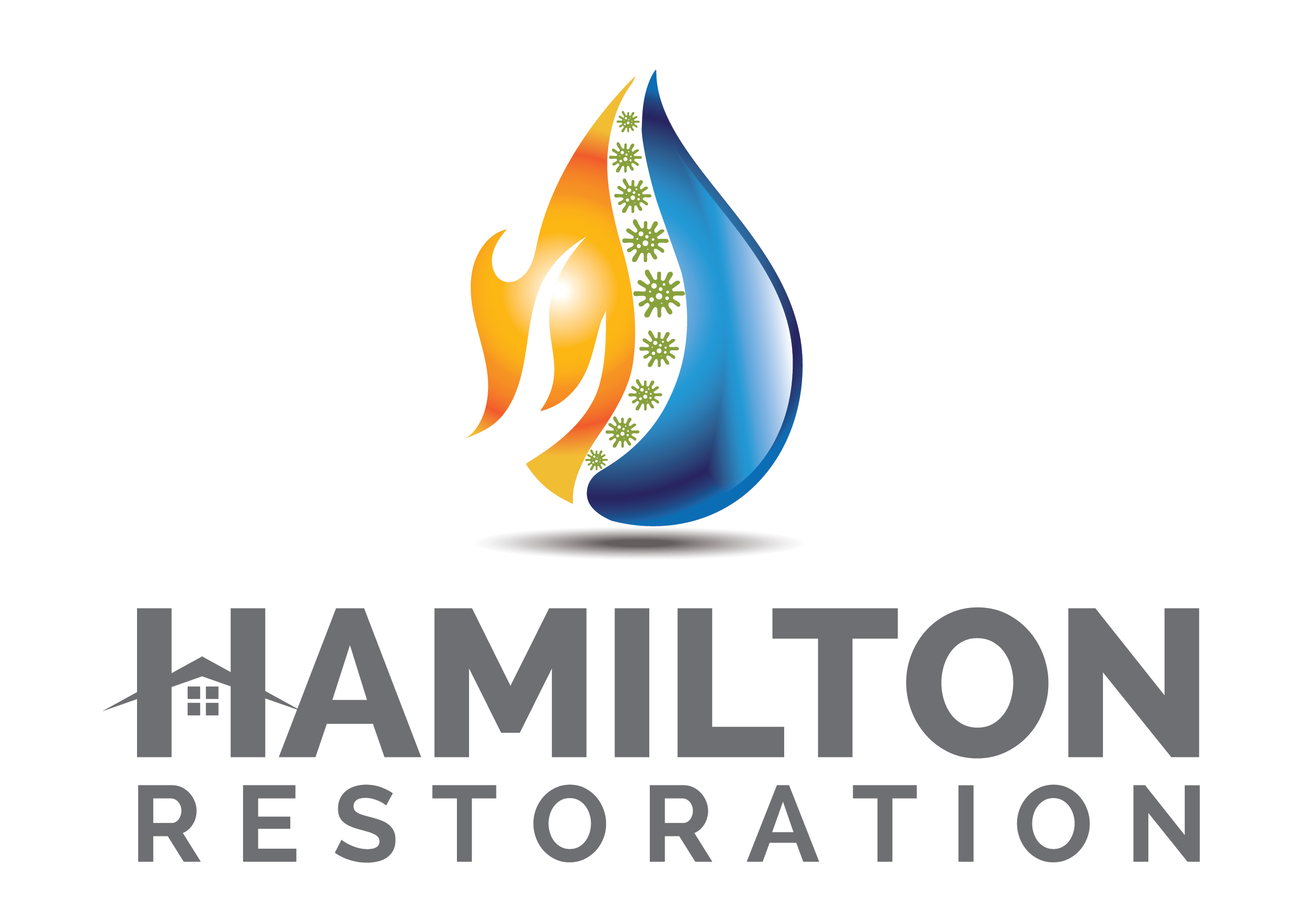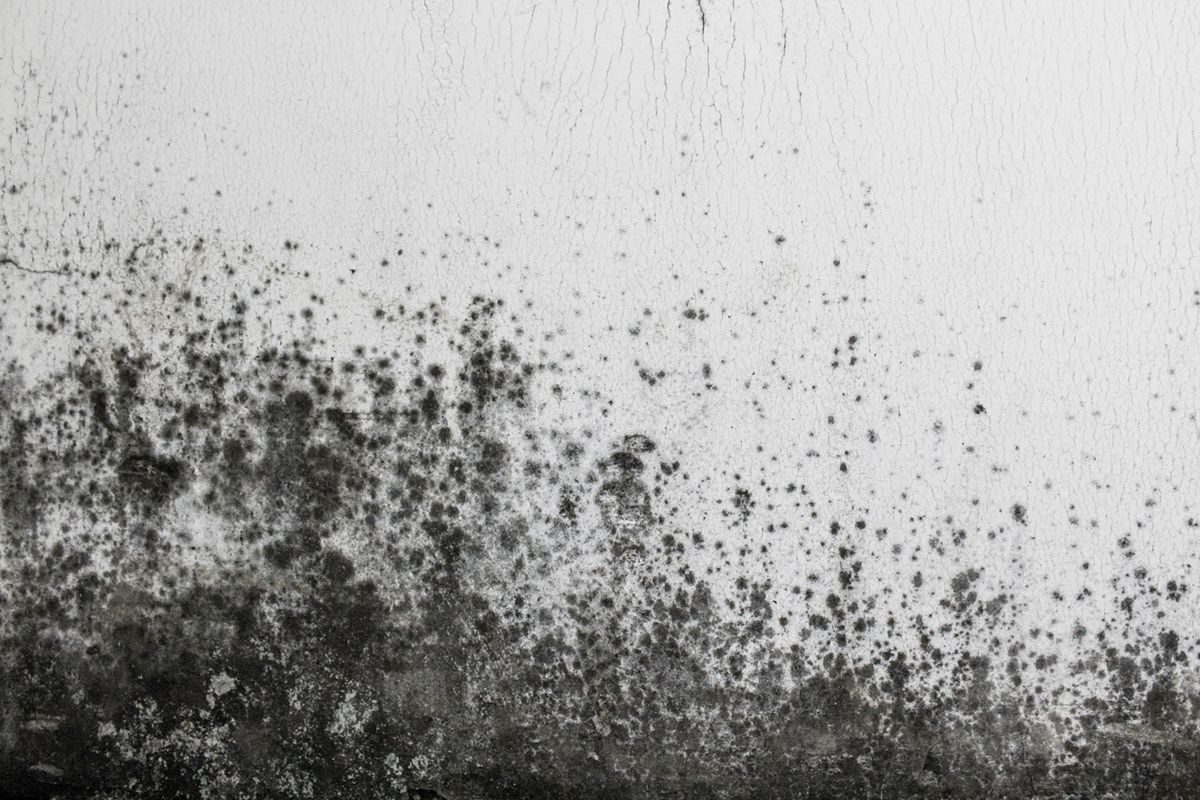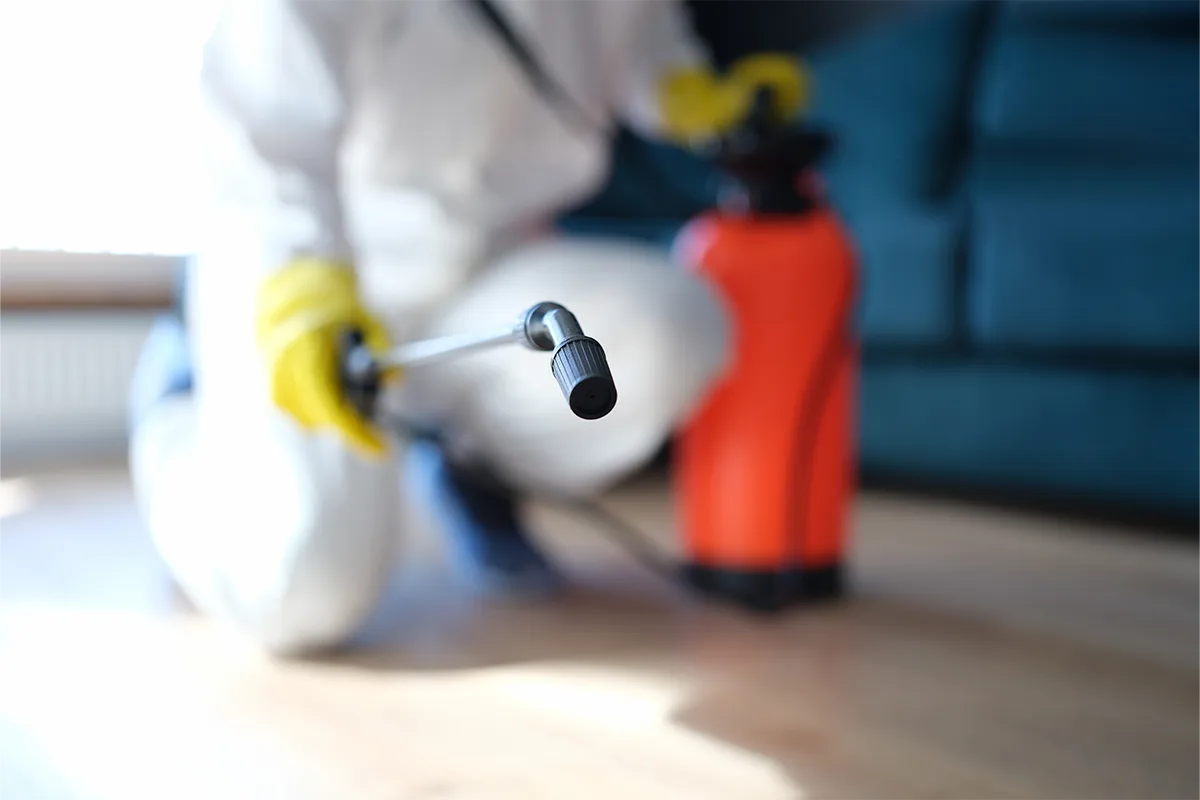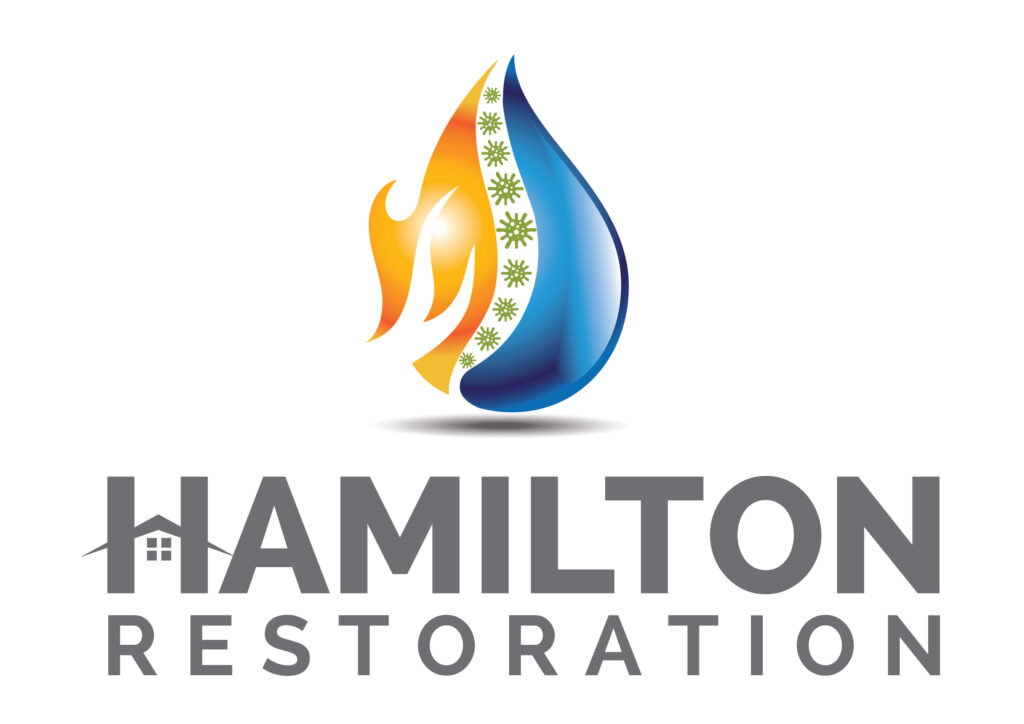Mold Remediation
24/7 emergency service available
Mold problems can sneak up on you – appearing suddenly after a leak, flood, or even just prolonged humidity. While mold exists naturally in our environment, its growth inside your home or business is a red flag. Left unchecked, it can spread quickly, damage your property, and trigger serious health issues, especially for those with allergies or respiratory conditions. At Hamilton Restoration, we take the stress out of mold remediation. Our expert team uses advanced testing and removal techniques to pinpoint the problem and clear it out for good – restoring your space to a safe, healthy environment.
If you notice any signs of mold growth – musty odors, visible patches on walls, ceilings or floors, water damage, peeling paint, or allergic reactions like coughing, sneezing, or skin irritation – don’t wait.
Mold can spread quickly and silently – causing structural damage and long-term health issues.
Why Choose Us?
Our Process
Should I consider DIY mold removal?
Because of the potential long-term health implications of mold exposure, we do not recommend do-it-yourself or DIY mold removal. If you know your home has sustained substantial water damage (flood, overflows, backed-up sewer line), you can expect mold. Mold growth can be found in out-of-the way places, and it’s certainly expected to occur near where the origination point of the water problem. With the help of mold remediation specialists, both eliminating and preventing mold growth is possible, but it’s important to remember the safety concerns if you’re considering DIY mold remediation for your home or business. Since mold spores are invisible, it’s crucial that your air be tested properly with specialized testing equipment.
Concerned about mold in your home or office?
If you’ve been affected by unfortunate events involving water, fire, or mold, we are committed to helping you in your time of need. Remember that our team has been certified and trained by the Institute of Inspection Cleaning and Restoration Certification, and we bring peace of mind to homeowners and insurance providers with integrity and professionalism, working 24/7 to restore your home or business. We’re also proud to be a local, independently owned and operated restoration company, serving central and south Florida including Brevard, Citrus, Hernando, Hillsborough, Lake, Orange, Osceola, Pasco, Pinellas, Polk, Seminole, Sumter, and Volusia Counties. At Hamilton Restoration, perfection isn’t just the goal; it’s the expectation.
Give us a call today at 689-222-7033 for 24/7 service.

